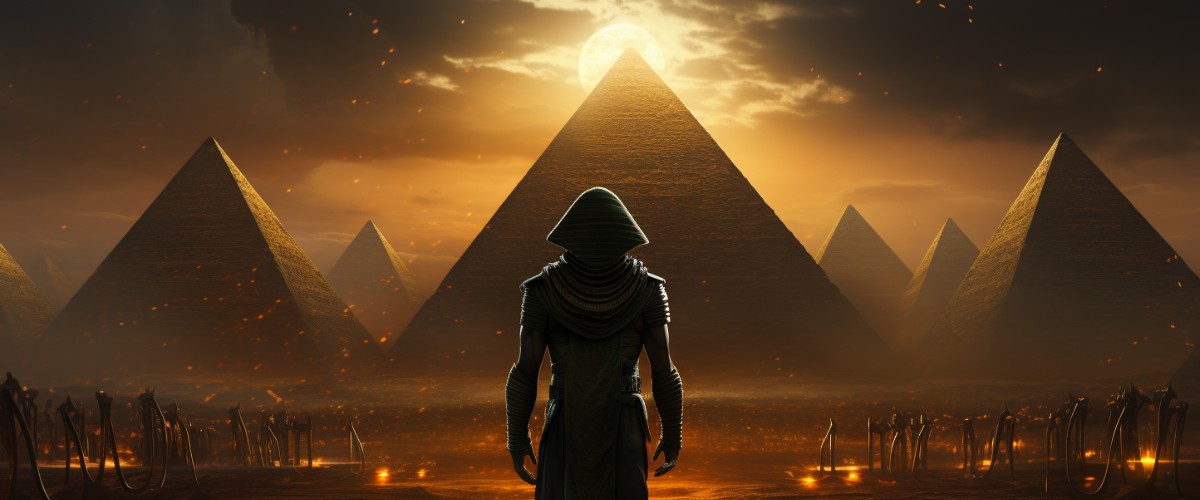When we think of wealth in ancient history, few images are as evocative as that of Egypt’s Pharaohs. Their legacy, written in stone and gold, continues to captivate us thousands of years later. The awe-inspiring pyramids, grand temples, and magnificent artefacts tell a tale of an economy that was a world leader in its time, and the incredible wealth it brought to the Pharaohs who ruled it.
Egypt, during the times of the Pharaohs, was primarily an agrarian economy. The life-giving Nile provided a fertile landscape that yielded bountiful crops, making Egypt one of the ancient world’s breadbaskets. Barley, emmer wheat, flax, papyrus, and various fruits and vegetables were among the chief crops. This rich agricultural base was the backbone of Egypt’s economy and the primary source of wealth.
However, the Pharaohs’ wealth wasn’t only derived from agriculture. Trade was a major contributor to the wealth of ancient Egypt. Trade routes, both overland and maritime, connected Egypt with other civilisations like the Nubians, Canaanites, and later, the Greeks and Romans. These connections facilitated the exchange of gold, copper, ivory, exotic animals, slaves, and luxury goods like incense and myrrh, further enriching the royal coffers.
Perhaps the most dazzling aspect of the Pharaohs’ wealth was their access to precious metals and gemstones. Egypt was rich in resources like gold, particularly in the area known as the Wadi Hammamat. This wealth of gold allowed the Pharaohs to commission extraordinary artefacts, like Tutankhamun’s death mask, made of solid gold and precious gemstones. Estimates suggest that today, such a mask would be worth over $4 million, testifying to the ancient Pharaohs’ immense wealth.
While it’s challenging to put a modern-day value on the wealth of the Pharaohs, their legacy, as seen in the awe-inspiring structures and priceless artefacts they left behind, suggests an opulence that was unrivalled in the ancient world. Their wealth not only facilitated grand architectural projects and luxury lifestyles but also secured Egypt’s place as a significant power, impacting trade, diplomacy, and cultural exchange in the ancient world.
The story of the Pharaohs and their wealth underscores how economy, resources, and trade can contribute to a civilisation’s prosperity. It provides us a glimpse into a time when wealth was not just about personal affluence, but a means to exhibit power, influence cultures, and leave a lasting legacy. The riches of the Pharaohs, indeed, continue to fascinate us, a testament to their economic prowess and their timeless legacy.








